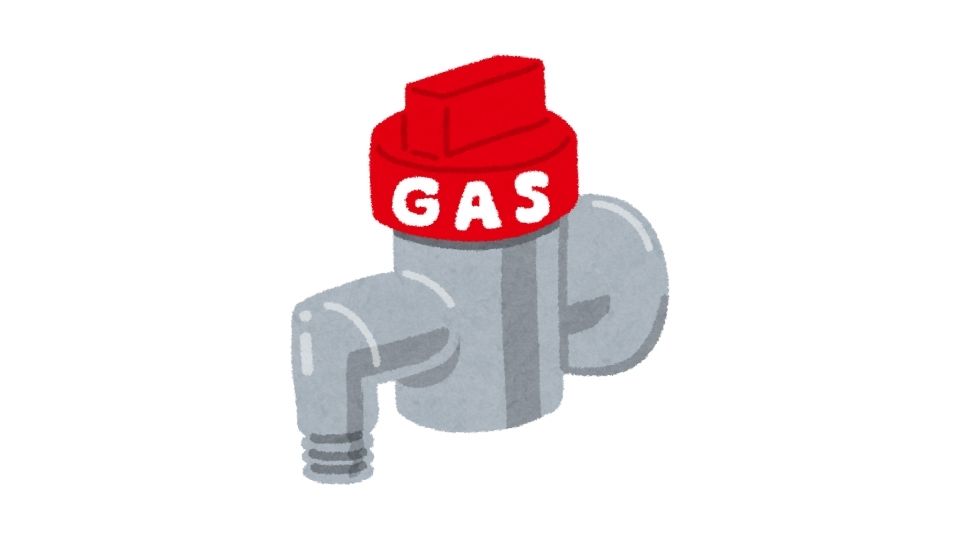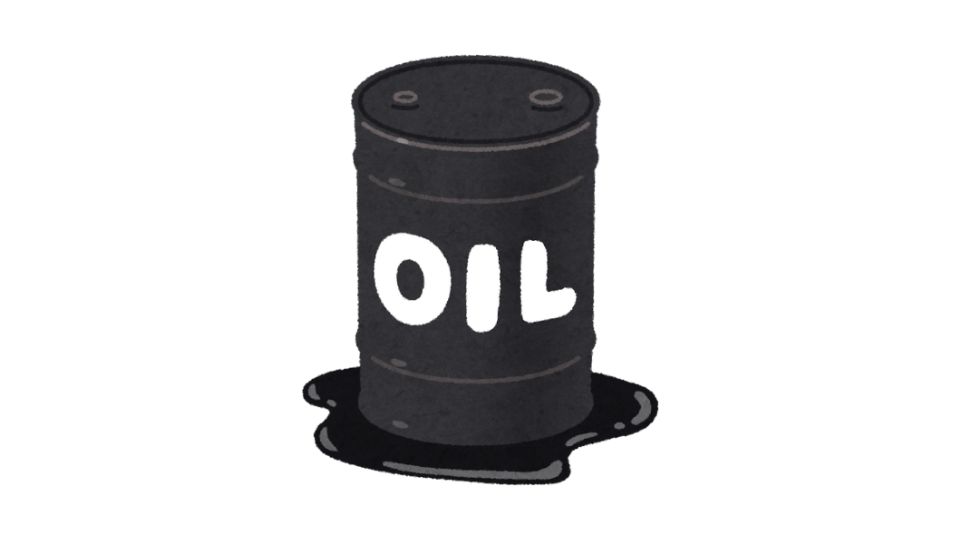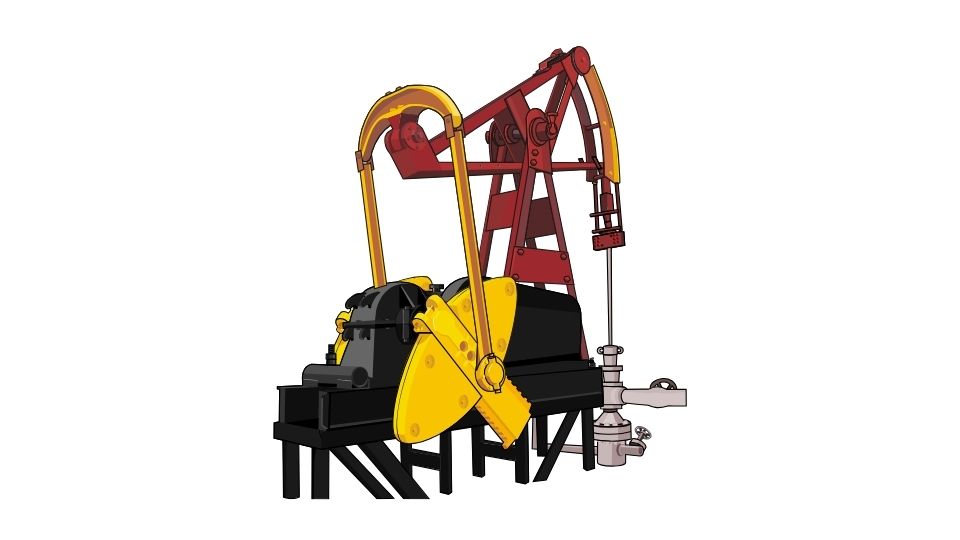Ever wondered if working in oil and gas is still a good move in 2025?
Despite what you might have heard, the industry isn’t dead – far from it. But it’s definitely changing.
Let me break down the facts (and my opinions) about whether drilling, refining, and producing the world’s most controversial energy source is still a smart career choice.
Spoiler alert: it can be… for the right person. Let’s dive in!
Is Oil & Gas Still a Good Career Path in 2025?
The short answer? Yes, but it’s complicated.
While major companies like Chevron and BP have slashed their workforce (up to 20% in some cases), there’s still plenty of opportunity if you know where to look.
And let’s not ignore the elephant in the room – oil and gas jobs pay really, really well.
Median hourly wages for oil and gas extraction workers hover around $48 as of mid-2025, with annual median salaries for petroleum engineers exceeding $160,000.
That’s not chump change! But money isn’t everything (though it sure helps).
The State of the Industry in 2025

Here’s what’s happening right now:
- Oil prices remain volatile (what else is new?) due to geopolitical tensions and market shifts
- There’s a massive push toward sustainability even within traditional energy companies
- Drilling activity is declining in some regions but growing in others
- Regional differences matter more than ever – what’s happening in Texas isn’t what’s happening in Europe
The U.S. has actually shifted toward supporting increased domestic production (remember “drill baby drill”?), while the European Union is trying to balance energy security with aggressive carbon neutrality goals.
This push-pull dynamic means the industry is in flux – which creates both challenges and opportunities for your career.
Where the Jobs Actually Are
Here’s something interesting – while the big companies are cutting jobs, smaller players are often hiring. It’s like the industry is reshuffling rather than disappearing.
Texas alone accounts for about 23% of all U.S. oil and gas jobs in 2024, with upstream employment showing surprising growth in early 2025.
And there’s another factor creating openings: retirements. The “boomer” generation is exiting stage left, creating space for younger talent.
The most growth is happening in roles connected to:
- Digital transformation
- Data analysis
- Automation engineering
- Cybersecurity
- Carbon capture technology
So the industry isn’t dying – it’s evolving. And that evolution needs fresh talent.
Key Things to Consider Before Jumping In

1. Industry Perception & Sustainability Challenges
Let’s be real – oil and gas doesn’t have the best reputation these days.
Young professionals especially might hesitate to join an industry that’s frequently cast as the villain in climate change discussions.
But here’s an interesting twist – many energy companies are now leaders in the sustainability transition. They’re investing billions in:
- Carbon capture technology
- Renewable energy partnerships
- Methane reduction initiatives
- Low-carbon fuels
This creates fascinating new career paths that blend traditional energy expertise with environmental innovation.
2. The Tech Revolution is Real
The stereotype of rough-and-tumble oil workers is increasingly outdated. Today’s industry is embracing:
- Artificial intelligence for everything from exploration to production optimization
- Automation that’s transforming how rigs and refineries operate
- Predictive maintenance powered by sensors and big data
- Virtual reality for training and remote operations
If you’re tech-savvy, the oil and gas industry might actually offer more cutting-edge opportunities than you’d expect.
3. The Aging Workforce Advantage
The “great crew change” has been talked about for years, but it’s really happening now.
Experienced professionals are retiring in droves, creating not just job openings but fast-track advancement opportunities for those willing to enter the field.
Companies are desperate for knowledge transfer before their veterans leave, which means mentorship opportunities abound.
4. Location, Location, Location
Your experience will vary dramatically depending on where you’re based:
- Texas, North Dakota, Pennsylvania: Still booming in many areas
- Gulf Coast: Refining and petrochemical opportunities remain strong
- Canada: Oil sands facing challenges but still significant
- Middle East: Continuing investment and expansion
- Europe: Transitioning more aggressively to renewables
Be prepared to go where the jobs are – geographic flexibility is a major asset in this industry.
The Pros and Cons Breakdown
Let me lay it out for you:
The Good Stuff:
- Fat paychecks (seriously, the compensation is excellent)
- Diverse career paths across engineering, geology, business, safety, and tech
- Cutting-edge technology that most people don’t associate with “old school” energy
- Global opportunities if you’re willing to relocate
- Fast advancement due to retirements and skill shortages
The Not-So-Good Stuff:
- Job security isn’t guaranteed – the industry has always been cyclical
- Environmental concerns that might cause personal value conflicts
- Public perception issues (try telling people at a party you work in oil & gas)
- Geographic limitations – you generally need to be where the resources are
- Policy uncertainty as governments wrestle with climate goals
My Take: Is It Worth It?

If you’re seeking a well-paid, technically challenging career with global possibilities, oil and gas can still be an excellent choice – especially if you:
- Have skills in emerging areas like data science, automation, or carbon management
- Are comfortable with some degree of industry volatility (and saving during the good times)
- See yourself as part of the energy transition rather than fighting against it
- Don’t mind potentially relocating for the best opportunities
The energy industry is undergoing its biggest transformation in a century, and being part of that change from the inside could be incredibly rewarding.
But if you prioritize absolute job security or working exclusively in “green” industries, you might want to look elsewhere.
In Summary

The oil and gas industry isn’t what it was 20 years ago – and that’s both good and bad.
While traditional roles may be declining, new opportunities are emerging at the intersection of fossil fuels, sustainability, and technology.
The best candidates will be those who can bridge these worlds – bringing technical expertise while embracing innovation and environmental responsibility.
And hey, the six-figure salaries don’t hurt either.
So is oil and gas a good career path in 2025? For the right person with the right skills and expectations – absolutely. For others, the volatility and transition challenges might be too much.
What do you think? Would you consider a career in today’s evolving energy landscape?




